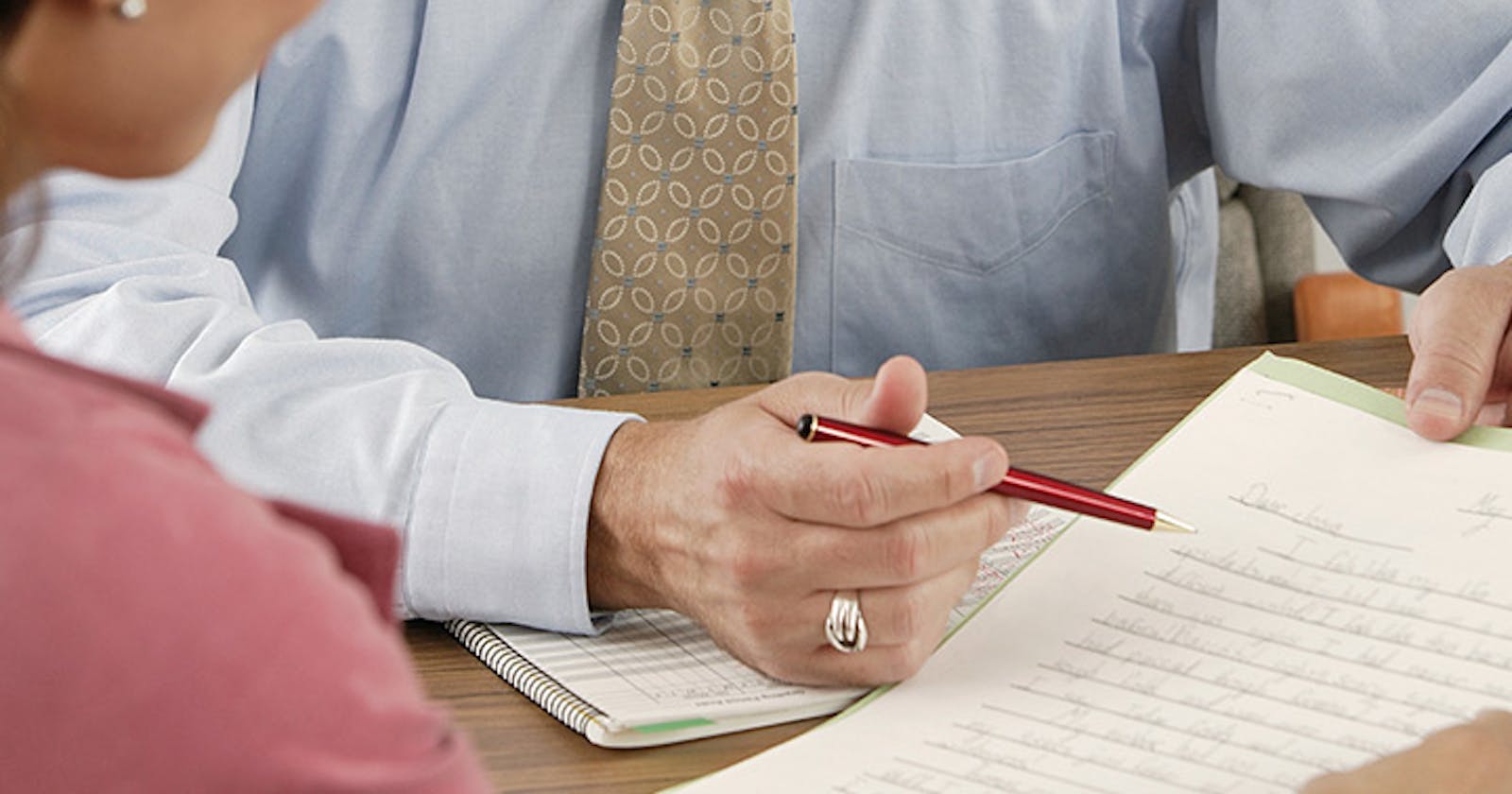Screening is an initial step in determining your learning abilities. When you suspect this disorder, you should go online and check for dyslexia tests and resources offering free screening. These surveys test the different areas of the person's brain, which are responsible for various functions.
As said, online dyslexia screening is about taking a survey. It usually has a few dozens of different questions. These are more or less standardized and serve only for diagnosing dyslexia (but take the results with caution).

You don't have to answer all questions. Screening is confidential, so you don't have to leave any personal information. After taking some advanced tests, you'll even be able to see your learning profile and suggestions from reputable experts on how to deal with it.
Also Read: Is flutter likely to replace java for android app development?
Diagnosis
The diagnoses of dyslexia depend on the different criteria which were applied in screening the patient. Some people with dyslexia may only have a mild form of the condition. They can still function normally in school or the workplace, but systemic training and adaptation are necessary.
Meanwhile, some have a more severe form of the problem. These people usually have difficulties in both phonological processing and verbal fluency. These patients usually have an average IQ and good eyesight and hearing. But there are some other difficulties making everything much harder for them.
Dyslexia is quite tricky to diagnose, as it leads to difficulties related to reading and writing. For a successful diagnosis of this disorder, it's necessary to study the patient's health care and tests for various areas. Neuropsychologists are usually involved too.
But keep in mind that no online screening or test can replace a visit to a healthcare professional. Whatever the result you get after the screening, don't think it's definite. But some studies have shown that online dyslexia tests are quite accurate. Still, rely on these forms only as an add-on to a professional diagnosis.
Read more related articles
Evaluation
After diagnosing dyslexia (or you still suspect it), you can undergo a series of tests evaluating your condition. This process will include testing IQ, reading, writing, memory, reasoning, and motor skills.
You have to look for dyslexia in many different online resources. Websites that provide screening usually have evaluation tests too. These are webpages of associations or support groups for people who have dyslexia. If you take time to research them, you might find many useful resources and reading material about this learning disorder.
If you proceed to detailed tests, the first thing you usually have to do is an academic evaluation to determine where you stand. For this, you will have to complete an assessment test that evaluates both your learning disability and your IQ.
After finally diagnosing a learning disability, you must undergo a dyslexia treatment adapted to your age and skills. A thorough check of your education, learning skills, past issues, and specific needs will determine the best treatment for you. If you're determined and dedicated, you will see improvements soon.

